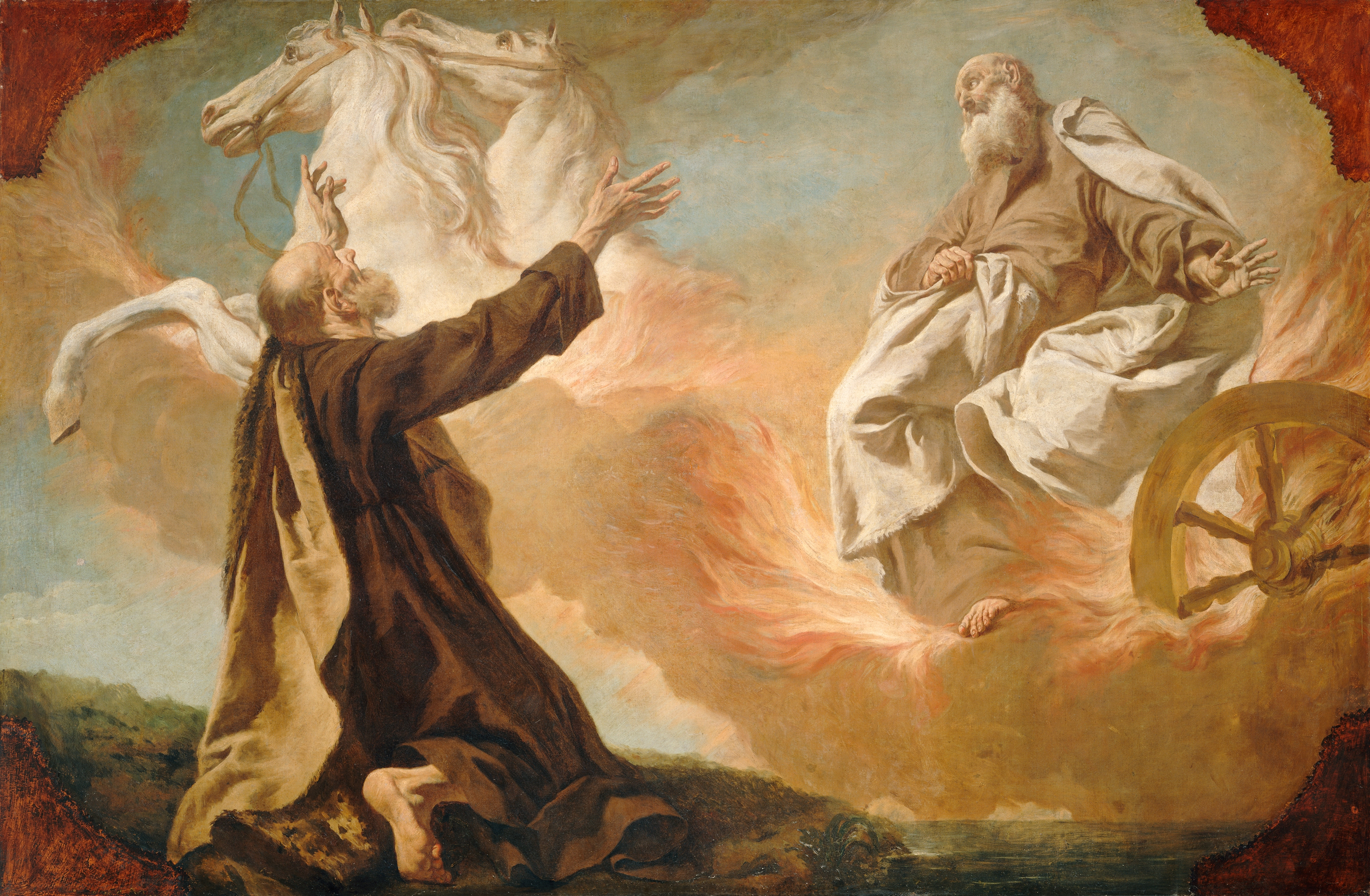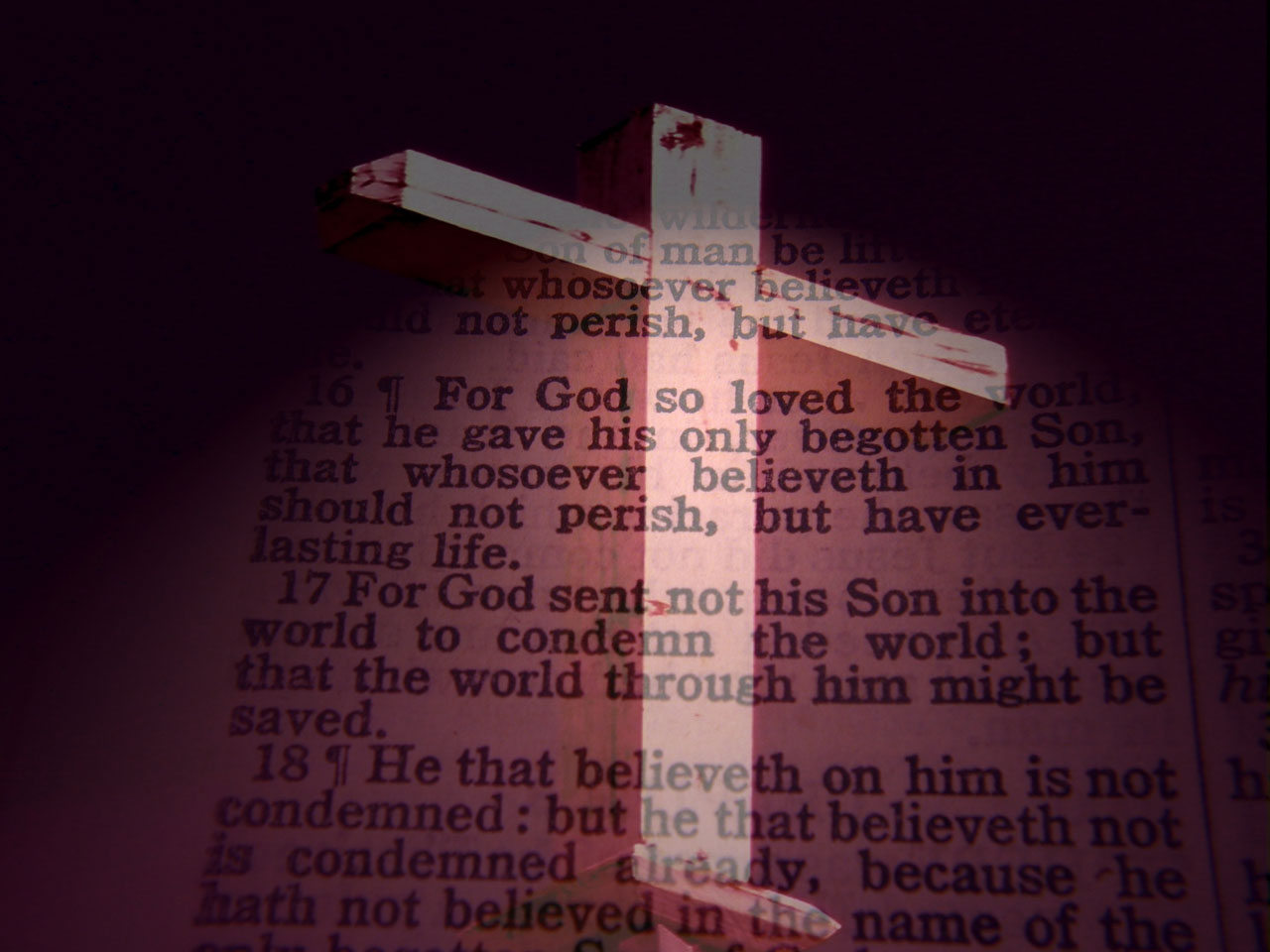The following was originally posted on Aug. 23.
Do you remember Dr. Randy Wallace’s illustration from Sunday
about the rancher who gave him the keys to the ranch? We don’t have the
ownership to the kingdom of God, but we do have the keys! We have access of
what gates get opened and what gates get closed.
That is an excellent illustration not only of the keys to
the kingdom, which Randy preached from in Jesus’ encounter with Peter in
Matthew 16:15-19, but also with all of our possessions and talents. A certain
radio personality says that he has “Talent on loan from God.” You may or not
like the personality, but isn’t it true that ALL of our talents are merely
loaned to us from God and by God and only maintained by His grace?
Last week a person came in for benevolence help and when I
asked where she went to church, she indignantly replied, “I don’t go to church!
Churches don’t help anybody.” To which I replied, “We can only help other as
people give to us.”
We don’t get government grants. We don’t charge admission to
come to church. We don’t have dues. And we can’t just print money, that would
be counterfeiting and that is illegal. Everything that you see and every
employee at the church is because people of the church see that they are
stewards of God’s possessions and give back to Him a portion of what He has
provided.
The following devotional comes from Zondervan as we prepare for Chapter 9, to be taught on Nov. 6.
KEY QUESTION: How much does God want of
me?
God created the earth and the cosmos. Everything belongs to
him. But people are given a special role to play in creation. It is both an
honor and a great responsibility.
Since God created everything, including humans, how do we
fit into the created order? What is our role in this reality? The parable below
instructs us on the importance of seeing ourselves not as owners but as
managers of our lives and gifts. The bags of gold represent any resource God,
the master, gives us. He ultimately owns the resource, but we are charged with
caring for it and investing it in ways that yield results for the sake of the
kingdom of God.
God's
People Are Managers
“Again, it will be like a man going on a journey, who called
his servants and entrusted his wealth to them. To one he gave five bags of
gold, to another two bags, and to another one bag, each according to his
ability. Then he went on his journey. The man who had received five bags of
gold went at once and put his money to work and gained five bags more. So also,
the one with two bags of gold gained two more. But the man who had received one
bag went off, dug a hole in the ground and hid his master’s money.
“After a long time the master of those servants returned and
settled accounts with them. The man who had received five bags of gold brought
the other five. ‘Master,’ he said, ‘you entrusted me with five bags of gold.
See, I have gained five more.’
“His master replied, ‘Well done, good and faithful servant! You
have been faithful with a few things; I will put you in charge of many things.
Come and share your master’s happiness!’
“The man with two bags of gold also came. ‘Master,’ he said,
‘you entrusted me with two bags of gold; see, I have gained two more.’
“His master replied, ‘Well done, good and faithful servant!
You have been faithful with a few things; I will put you in charge of many
things. Come and share your master’s happiness!’
“Then the man who had received one bag of gold came.
‘Master,’ he said, ‘I knew that you are a hard man, harvesting where you have
not sown and gathering where you have not scattered seed. So I was afraid and
went out and hid your gold in the ground. See, here is what belongs to you.’
“His master replied, ‘You wicked, lazy servant! So you knew
that I harvest where I have not sown and gather where I have not scattered
seed? Well then, you should have put my money on deposit with the bankers, so
that when I returned I would have received it back with interest.
“‘So take the bag of gold from him and give it to the one
who has ten bags. For whoever has will be given more, and they will have an
abundance. Whoever does not have, even what they have will be taken from them.
And throw that worthless servant outside, into the darkness, where there will
be weeping and gnashing of teeth.’” (Matthew 25:14–30)
KEY
VERSE
The earth is the Lord’s, and everything in it, the world,
and all who live in it; for he founded it on the seas and established it on the
waters. (Psalm 24:1-2)
KEY
IDEA
I believe everything I am and everything I own belong to
God.
KEY
APPLICATION: What difference does this make in the
way I live?
If we choose to show compassion to people as God does, then
we move from owner to manager. My central question now becomes, “What does God
want me to do with all the resources he has put into my care?”
YOUR
TURN
List some of the things God has entrusted to you to manage.
How are you doing in these areas? How can you deepen your stewardship of them?












